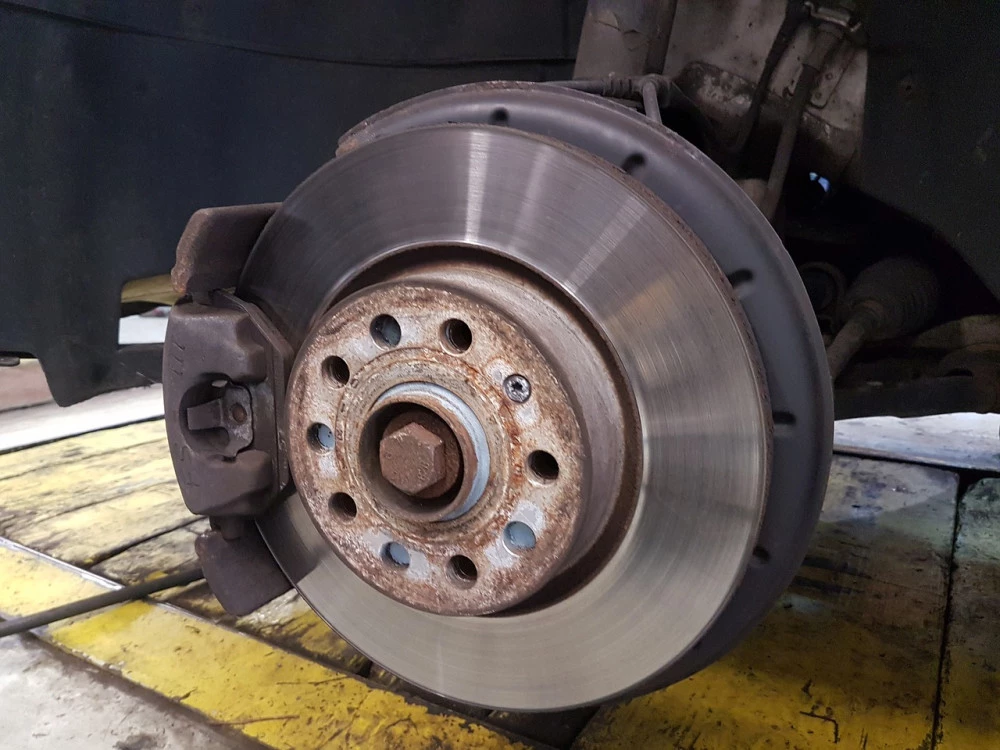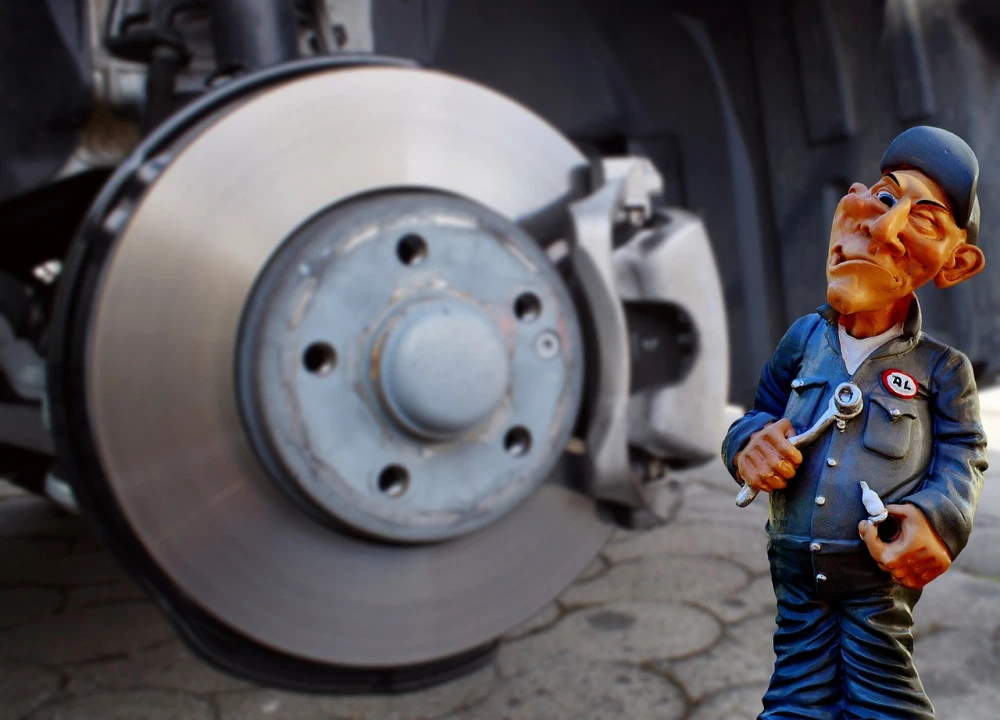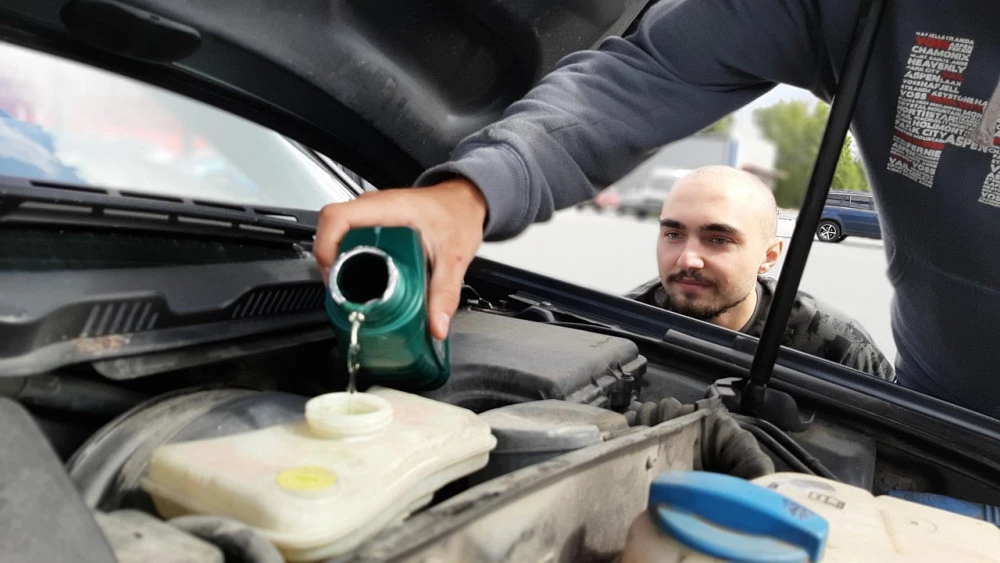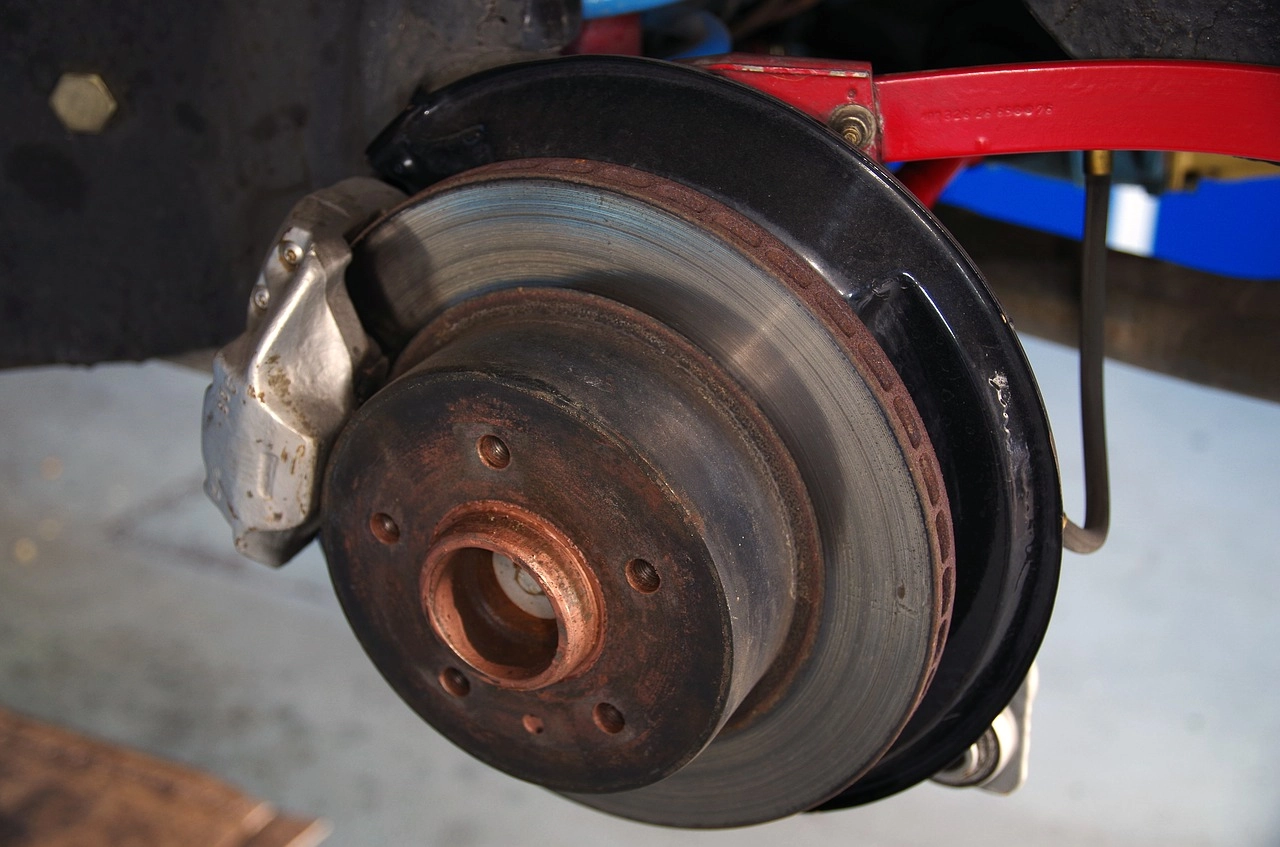Have You Ever Wondered Why Car Brakes Make Noise?
The brakes on your car are one of the most important safety features in your vehicle, so you should have some idea of what they do and why they make noise when you press them. While it's true that brakes make noise so that you can hear them in the cabin of your car, there's a lot more going on with your brakes than meets the eye – which is why they also make noise!
The Importance of Car Brakes
Though there are many different types of braking systems that are available for cars, all of them have one thing in common: They emit a very loud sound when they're applied. This sound is not just used to make you aware that your car is slowing down—it's also used as a warning to other drivers that you're stopping. The reason it makes such a loud noise is so that other drivers can react quickly and so they don't accidentally crash into you. But why do brakes make these noises? How does it help prevent accidents from happening? And what else could be done to help warn others on the road that you're stopping?

What Causes the Noises in Your Car Brakes
The most obvious answer to why your car brakes make noise is that they're not getting enough lubrication. The fluid in your brake lines helps to reduce friction between brake pad and rotor. When it starts getting old, you might hear squealing or grinding noises when you press down on your pedal. The other reason your car brakes make noise could be due to a warped rotor (which happens with age). This will show up as screeching sounds, even if you have new pads and fluid in your system. You can replace rotors, but it's much easier to just replace them when they begin making noise. If you want to know how long your rotors are going to last before replacement becomes necessary, bring them into an auto repair shop for inspection. They should be able to tell you how much life is left by inspecting their thickness and condition.

Possible Reasons for the Grinding Noise
When brakes first start to wear, they can make a grinding noise. This sound is caused by uneven braking. Over time, as parts wear down and align better, you'll notice less of an issue with brakes making noise. But there are other reasons you might hear a grating sound when applying your vehicle's brakes . For example, if you're driving in bad weather conditions or on a rough road, that could cause brake pads to rub against rotors—and result in a loud squeal. Additionally, if your brake fluid level isn't at its recommended height or has been contaminated by leaking fluid from another part of your car (like your power steering), that could also lead to noisy stopping action.

How to Prevent It From Happening Again
If your car's brakes make a loud clicking noise, there's a high probability that it is due to worn brake pads. The good news is that in most cases, wearing brake pads can be avoided. Here are some steps you can take to prevent your car's brakes from making noise:
- Regularly check your brake fluid levels and top them off if necessary. Low brake fluid causes brake failure. A simple way to check your fluid level is by sticking a dipstick into your master cylinder reservoir when it's cold outside (not hot).
- Replace any leaking hoses or calipers. Worn-out parts can cause squealing noises when they rub against other parts of your braking system while moving.
- Have you recently hit something with your car? It could be that you have damaged one of its wheels or tires and need to replace it as soon as possible before hitting something else.
- Remove debris from between your brake pad and rotor. Debris can get stuck in between these two components, causing friction which makes them grind together. This will result in a squealing sound when you apply pressure to your brakes.
- Rotate your tires regularly for even wear on all four of them. Uneven tire wear results in uneven brake pad wear and thus more frequent replacement needs.


